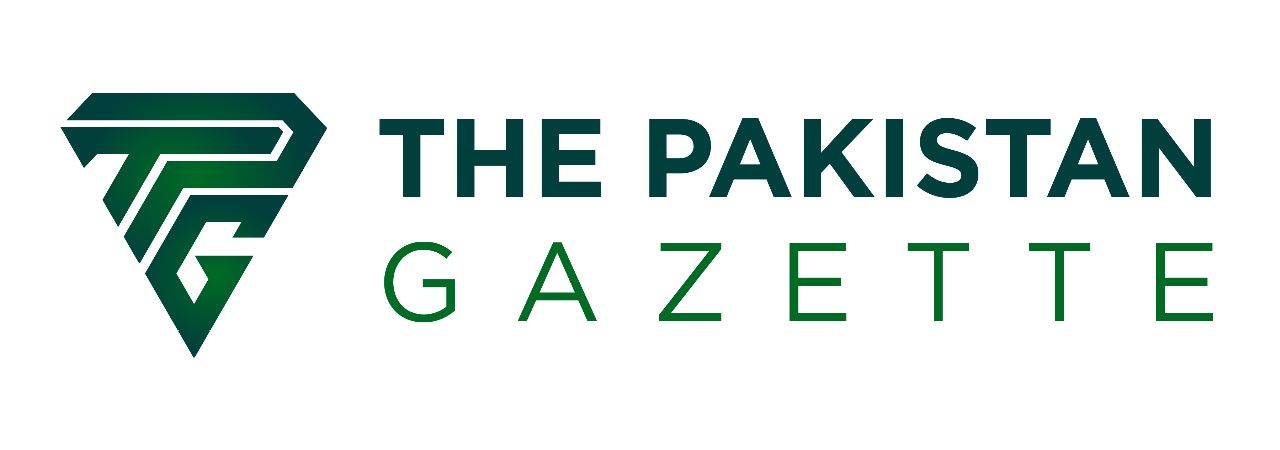
Protecting Innovation: A Guide to Intellectual Property Laws in Pakistan
Intellectual property (IP) is the term used to describe intangible works of art and literature, designs, symbols, names, and other works of the human intellect. Patents, copyrights, trademarks, and trade secrets are a few examples of the legal rights that safeguard IP and allow creators and owners of these intangible assets the only authority to use, exploit, and maintain their works.
A number of laws and rules that aim to promote innovation and creativity while defending the rights of creators and owners control IP protection in Pakistan. Let’s examine the pertinent Pakistani legislation in more detail for each category of IP protection.

Types of Intellectual Property
There are four main types of intellectual property
Patents
The Patents Ordinance, of 2000, is the main law governing the grant, registration, and protection of patents in Pakistan. According to this law, patents can be granted for any invention that is new, involves an inventive step, and is capable of industrial application. The term of a patent is 20 years from the filing date.
To apply for a patent in Pakistan, an applicant must submit a written application to the Intellectual Property Organization of Pakistan (IPO-Pakistan) and pay the required fee. The application must include a description of the invention, along with any drawings or diagrams that are necessary to explain it. The IPO-Pakistan will examine the application to determine whether it meets the requirements for patentability. If the application is approved, a patent will be granted, and the inventor will have exclusive rights to use, sell, and profit from the invention in Pakistan.
Copyrights
The Copyright Ordinance, of 1962, provides protection to authors and creators of original works such as books, music, and art. Under this law, copyright protection is automatic, meaning that registration is not required for the copyright to be valid. The term of copyright protection is the life of the author plus 50 years after their death.
Copyright protection gives the author or creator of the work the exclusive right to reproduce, distribute, perform, and display the work. This means that others cannot use or profit from the work without the permission of the copyright owner.
To enforce their copyright in Pakistan, copyright owners can take legal action against anyone infringing on their rights. This may include seeking an injunction to prevent the infringing activities, as well as seeking damages for any losses suffered as a result of the infringement.
Trademarks
The Trade Marks Ordinance, of 2001, governs the registration and protection of trademarks in Pakistan. A trademark is a distinctive symbol, name, logo, or design used to identify and distinguish the goods or services of one company from those of another.
To apply for a trademark in Pakistan, an applicant must submit a written application to the IPO-Pakistan and pay the required fee. The application must include a description of the trademark, along with any drawings or diagrams that are necessary to explain it. The IPO-Pakistan will examine the application to determine whether the trademark is distinctive and does not conflict with existing trademarks. If the application is approved, the trademark will be registered, and the owner will have exclusive rights to use and profit from the trademark in Pakistan.
Trade Secrets
Trade secrets are confidential business information that gives companies a competitive advantage. They include things like customer lists, marketing strategies, and manufacturing processes. Unlike patents and copyrights, trade secrets are not registered with the government and rely on the owner’s ability to keep them secret.
In Pakistan, the protection of trade secrets is governed by common law and contractual agreements. Companies can take legal action against anyone who misappropriates or discloses their trade secrets. This may include seeking an injunction to prevent the unauthorized use or disclosure of the trade secrets, as well as seeking damages for any losses suffered due to the misappropriation.
Relevant Laws of Intellectual Property in Pakistan
Pakistan has a robust legal framework for the protection of intellectual property rights. The relevant laws in Pakistan include:
Patents Ordinance, 2000: This law governs the grant, registration, and protection of patents in Pakistan.
Copyright Ordinance, 1962: This law provides protection to authors and creators of original works such as books, music, and art.
Trade Marks Ordinance, 2001: This law governs the registration and protection of trademarks in Pakistan.
Designs Ordinance, 2000: This law provides protection for the aesthetic designs of products and their registration.
Geographical Indications (Registration and Protection) Act, 2020: This law provides protection to products that originated from a specific geographical location.
Layout-Designs of Integrated Circuits Ordinance, 2000: This law provides protection for the design of integrated circuits.
The above-mentioned laws have been amended from time to time to meet the international standards of intellectual property protection. Pakistan is also a member of the World Intellectual Property Organization (WIPO) and is a signatory to various international treaties, including the Agreement on Trade-Related Aspects of Intellectual Property Rights (TRIPS).
In addition to the legal framework, Pakistan has established institutions to enforce intellectual property laws, including the Intellectual Property Organization of Pakistan (IPO-Pakistan), which is responsible for granting patents, trademarks, and other IP registrations. The IPO-Pakistan also has the authority to hear and adjudicate disputes related to intellectual property.
Ihsan Ullah has done LLB (Law and Shariah) from Islamia College University Peshawar. He is a practising lawyer in Peshawar. He writes content related to law at The Pakistan Gazette and on his Instagram Page Know The Law.


One reply on “Protecting Innovation: A Guide to Intellectual Property Laws in Pakistan”
[…] Protecting Innovation: A Guide to Intellectual Property Laws in Pakistan […]